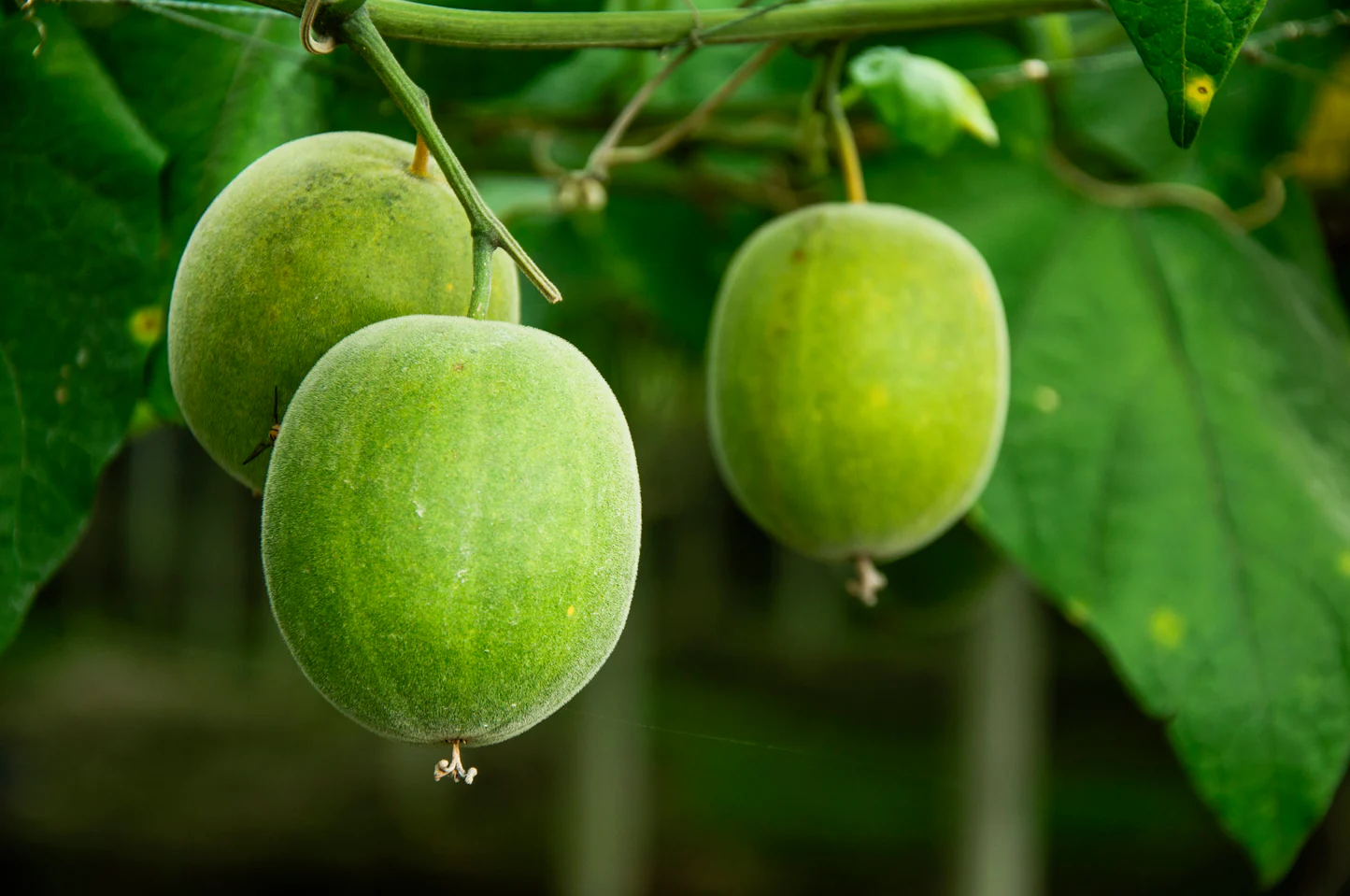- 0086-571-85302990
- sales@greenskybio.com
Natural Sweeteners Reclaim the Spotlight With Health Benefits and Rich Flavor
2025-06-06

Natural sweeteners are moving to the forefront as health-conscious consumers turn away from refined sugars in search of ingredients that offer both nutritional value and unique flavors. Ancient staples like honey, maple syrup, molasses, and traditional unrefined cane sugars are capturing renewed attention, while emerging choices like monk fruit underscore a growing shift toward whole-food alternatives.
Monk Fruit: The Calorie-Free Antioxidant Powerhouse
Originating in southern China, monk fruit has been treasured in traditional medicine for centuries for its soothing qualities. What sets monk fruit apart today is its natural sweetening compound, mogrosides. These molecules are 100 to 300 times sweeter than table sugar but contain no calories, making monk fruit extract a popular choice for people managing calories and blood sugar levels.
Modern research has linked mogrosides to a range of impressive health benefits, including reduced oxidative stress, inflammation, and even suppression of cancer cell growth. Notably, a 2023 study published in the Chinese Journal of Medicine highlighted monk fruit’s potential to balance blood sugar without causing spikes—an attractive feature for diabetes management. The U.S. FDA has approved monk fruit extract as “Generally Recognized as Safe," confirming its suitability for wide use.
“Monk fruit isn’t just guilt-free sweetness — it’s a functional food,” says Dr. Elena Wu from the Eastern Health Institute. “With anti-inflammatory properties and no impact on blood sugar, it represents a major development for metabolic health.”
Honey: Nature’s Antioxidant Sweetener
Honey’s history stretches back to prehistoric times, celebrated both as a food and as medicine. Today, raw honey is recognized for its complex mix of antioxidants, enzymes, and phenolic compounds, all of which vary according to the bees’ floral source. These elements are credited with fighting free radicals and supporting overall well-being.
Research continues to find new benefits for honey. According to a 2021 review in Integrative Medicine Insights, honey acts as a prebiotic, supporting the growth of beneficial gut bacteria, enhancing immunity, and aiding digestion. Its antibacterial properties also make honey valuable as a natural topical remedy for wounds. However, experts caution that honey should not be given to infants or people with compromised immune systems due to rare but serious risks of botulism.
“Honey’s polyphenol and enzyme content changes by region and season,” explains apiarist Clara Nguyen of Urban Beesource. “Local honey lets people taste and absorb the goodness of their environment—physically and nutritionally.”
Maple Syrup and Molasses: Nutrient-Rich Sweeteners
Long dismissed as simple byproducts, maple syrup and molasses are now appreciated for their nutrient density. Pure maple syrup is notably rich in manganese and zinc, while blackstrap molasses contains large amounts of iron, magnesium, and a wealth of antioxidants.
These natural sweeteners are finding favor with cooks and bakers. Liquid sweeteners may require recipe adjustments to balance moisture, but ingredients like maple sugar can replace refined sugar cup for cup in baking while bringing a richer nutritional profile.
“The minerals in these sweeteners support balanced nutrition,” notes dietician Aisha Patel, especially highlighting their potential in preventing iron deficiency among women and older adults.
Jaggery and Piloncillo: Global Traditions Regain Popularity
In countries such as India and Mexico, unrefined cane sugars like jaggery and piloncillo maintain their natural molasses, keeping essential minerals such as iron, potassium, and calcium intact. Used in beverages, curries, and sweets, these traditional sugars provide a wholesome alternative to mass-produced cane sugar.
With growing interest in ethically produced foods, imports expert Javier Rivera observes that fair trade jaggery is increasingly prominent on store shelves, as consumers prioritize products with clear sourcing.
A Broader Shift Toward Natural Sweeteners
Natural sweeteners are more than a passing trend. With diabetes rates increasing and antibiotic resistance on the rise, minimally processed sweeteners like monk fruit and honey offer practical, health-focused alternatives. Their versatility in the kitchen is also expanding—from vegan recipes to innovative supplements.
Consumers are now drawn to natural sugars not just for health, but for authenticity—connecting their diets to traditional practices and regional identities. “People are learning that sweetness is a spectrum,” says Brian Hines, founder of the Honey Health Initiative. “Choosing minimally processed varieties isn’t just healthier—it adds depth, terroir, and a link to history.”
In conclusion, the renewed prominence of natural sweeteners reflects both nutritional benefits and a wider appreciation for varied, traditional flavors. As research and regulation support their advantages, these ingredients are set to become mainstays in both health and culinary circles.
- ▶ Hesperidin
- ▶ Citrus Bioflavonoids
- ▶ Plant Extract
- ▶ lycopene
- ▶ Diosmin
- ▶ Grape seed extract
- ▶ Sea buckthorn Juice Powder
- ▶ Fruit Juice Powder
- ▶ Hops Extract
- ▶ Artichoke Extract
- ▶ Mushroom extract
- ▶ Astaxanthin
- ▶ Green Tea Extract
- ▶ Curcumin
- ▶ Horse Chestnut Extract
- ▶ Other Product
- ▶ Boswellia Serrata Extract
- ▶ Resveratrol
- ▶ Marigold Extract
- ▶ Grape Leaf Extract
- ▶ New Product
- ▶ Aminolevulinic acid
- ▶ Cranberry Extract
- ▶ Red Yeast Rice
- ▶ Red Wine Extract
-
Yohimbine Bark Extract
2025-06-06
-
Rosemary extract
2025-06-06
-
Golden Seal Extract
2025-06-06
-
Panax Ginseng Leaf Extract
2025-06-06
-
Mango flavored powder
2025-06-06
-
Thunder God Vine Extract
2025-06-06
-
Plantain extract
2025-06-06
-
Rose Hip Extract
2025-06-06
-
Saw Palmetto Extract
2025-06-06
-
Cactus Extract
2025-06-06





















